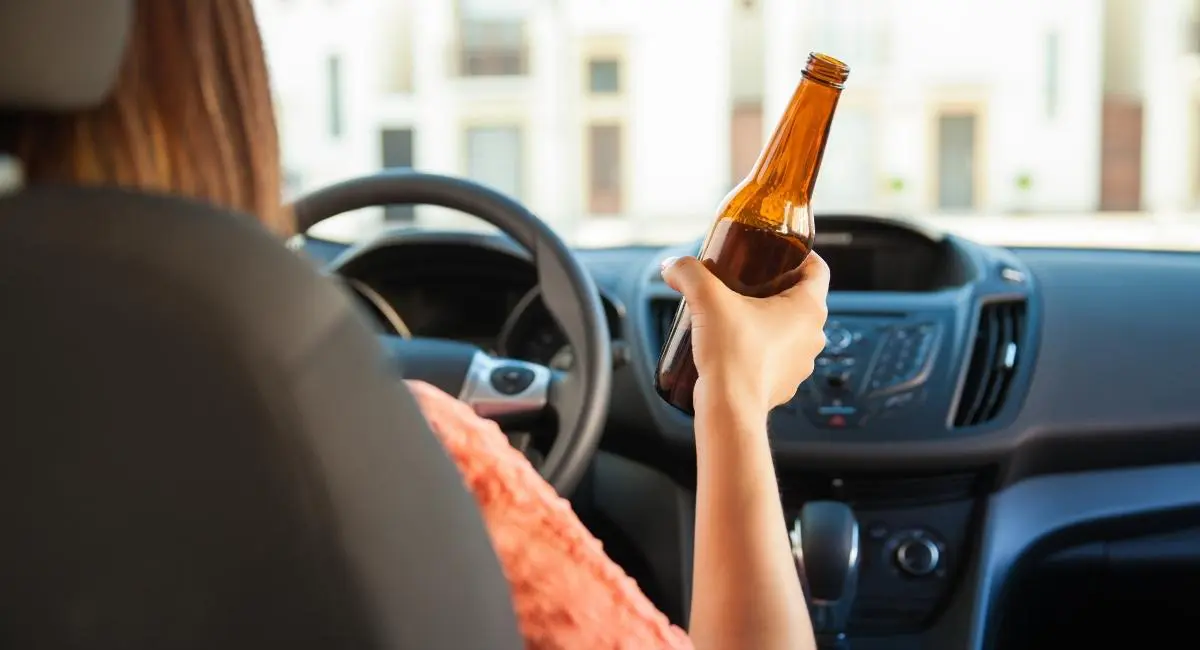Child Passenger DWI

We Fight For Our Clients
Child Passenger Charges in Pearland, Texas
Driving while intoxicated (DWI) is commonly charged as a misdemeanor offense in Texas. However, it’s important to note that a DWI can escalate to a felony when a child under 15 years of age is present in the vehicle at the time of the alleged DWI incident.
A DWI with a child passenger conviction carries far more serious consequences compared to a standard DWI. Those facing such charges not only risk potential child endangerment allegations but also the involvement of the Texas Department of Family and Protective Services, which may take action to remove the child from their custody.
Have you recently been arrested for DWI with a passenger under the age of 15 in the Pearland, Texas area? It’s crucial to secure legal representation immediately to defend against both your DWI charges and any child abuse allegations that may be pending against you that could affect your family rights and trigger the involvement of DFPS. The attorneys at Alston Landry are also highly experienced family law attorneys and are able to assist you with both issues concurrently.
Turn to Alston Landry Law Firm, a trusted legal team with over a decade of experience handling various DWI cases throughout Texas, including DWI with a child passenger. We are well-prepared to utilize our skills and expertise to advocate for your rights. Contact us at (713) 804-6698 or fill out our online contact form to arrange a free consultation with a compassionate and knowledgeable member of our legal team.
Understanding DWIs with a Child in the Car
The offense of driving while intoxicated with a child passenger is governed by Texas Penal Code § 49.045. An individual commits this offense if they:
- Operate a motor vehicle in a public place while intoxicated; and
- Have a passenger in the vehicle who is younger than 15 years of age.
Texas Penal Code § 49.01(2) provides two definitions of intoxication. One definition involves impaired mental or physical abilities due to alcohol, drug, or substance use. The other definition is having a breath or blood alcohol concentration (BAC) of 0.08 or more.
The latter definition, based on an individual’s BAC level, is often referred to as a “per se” DWI offense. This means that evidence of a BAC level of 0.08 or more alone is sufficient to establish intoxication, regardless of other observed symptoms by a police officer. While an officer can still arrest an alleged offender displaying signs of impairment with a BAC less than 0.08, proving guilt beyond a reasonable doubt becomes more challenging, as is required in criminal cases.
Texas Penal Code § 49.01(1) defines alcohol concentration as the number of grams of alcohol per 210 liters of breath, 100 milliliters of blood, or 67 milliliters of urine. Breath tests are the most common BAC tests in Texas DWI cases. Alleged offenders may undergo both a roadside test and a test at a police station.
Blood tests are typically ordered when an alleged offender cannot provide a breath sample or when a motor vehicle accident involving death or serious bodily injury has occurred. Urine tests are rarely used for alcohol testing but may be employed if an alleged offender is suspected of being under the influence of a controlled substance.
Penalties for DWI with a Child Passenger
DWI with a child passenger is classified as a state jail felony in Texas. A conviction can lead to a prison sentence of up to two years and fines of up to $10,000.
Another consequence of a DWI with a child passenger conviction is the suspension of an individual’s driver’s license. This conviction can typically result in a suspension of up to 180 days. Alleged offenders have only 15 days after their arrest to request an Administrative License Revocation (ALR) hearing to contest a possible suspension.
Texas, like many other states, has an implied consent law, which means that drivers are deemed to have consented to BAC testing simply by holding a Texas driver’s license. While individuals have the right to refuse testing, such actions can result in immediate administrative penalties, including a potential license suspension of up to two years.
Certain alleged offenders may also be required to install ignition interlock devices on their vehicles and maintain them for a specified period before becoming eligible for occupational driver’s licenses. Additional potential penalties include up to 1,000 hours of community service, mandatory drug and alcohol treatment programs, and attendance at a Victim Impact Panel.
Contact
Phone: (713) 804-6698
Office Hours: 8AM – 5PM
Location
9307 Broadway St., Ste. 210B,
Pearland, Texas 77584

DWI Expertise:
First DWI
Second DWI
Third DWI
Habitual DWI Offenders
DWI or drug DWI
Underage Minor DWI
DWI Manslaughter
DWI for Child Passenger
Boating while intoxicated
Felony DWI



